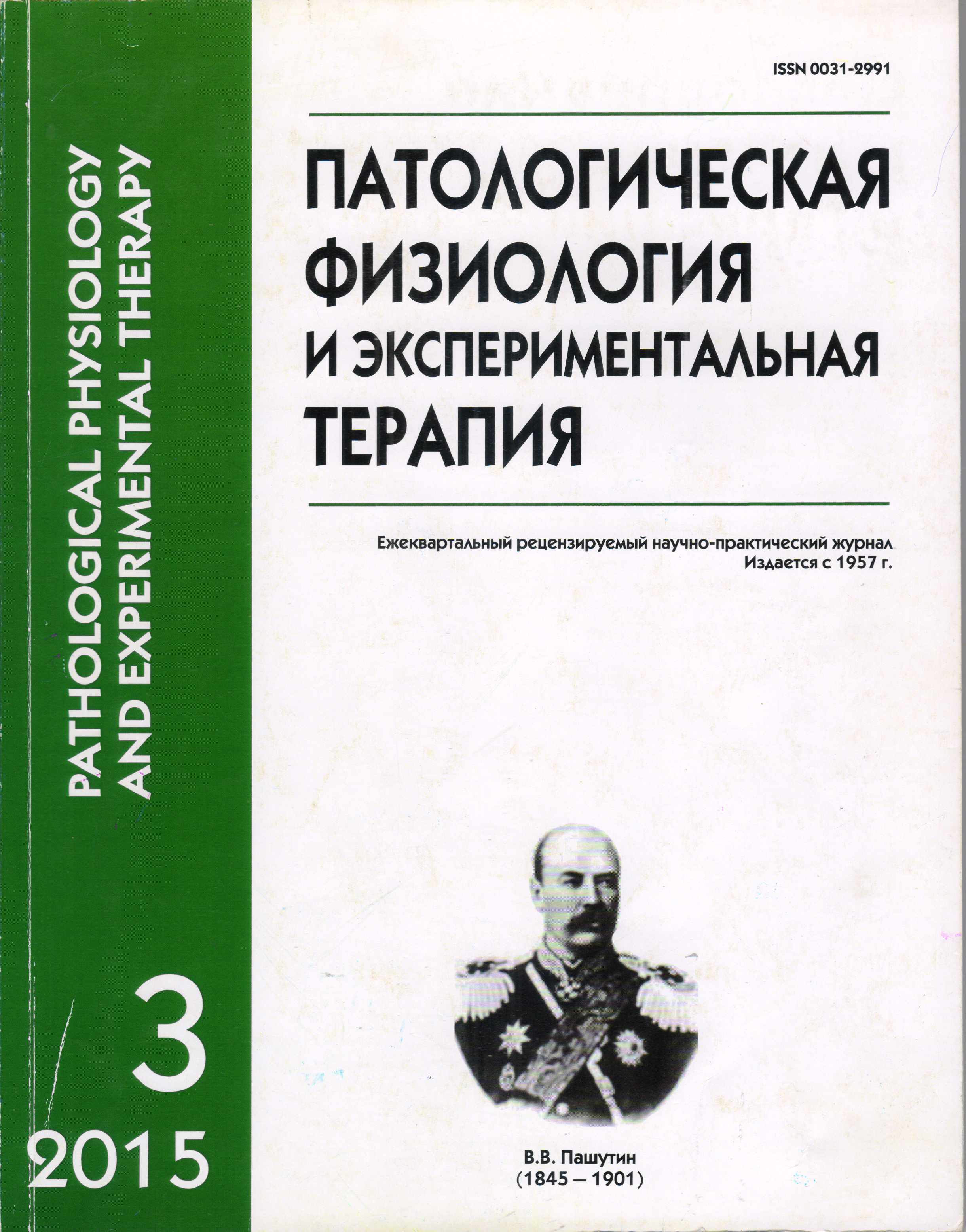Эпигенетические, посттранскрипционные и метаболические механизмы репрограммирования макрофагов
Аннотация
Ключевую роль в способности иммунитета адекватно реагировать на патогенные факторы играют макрофаги. В зависимости от микроокружения и типа инфекции макрофаги могут быстро менять свой фенотип на провоспалительный М1 или на антивоспалительный М2 фенотип. Процесс смены фенотипа клетки обозначается термином «репрограммирование». Этот процесс играет центральную роль в иммунном ответе и поэтому его нарушение провоцирует развитие болезней. Репрограммирование макрофагов обеспечивают внутриклеточные сигнальные пути. Эти пути могут также контролировать эпигенетические, посттранскрипционные и метаболические механизмы фенотипической активности макрофагов. Эпигенетические механизмы могут быть разделены на механизмы репрограммирования М1 и М2 фенотипа. Ключевым компонентом посттранскрипциональной регуляции являются микро-мРНК (миР). На М1-стимулы и на М2 стимулы экспрессируются разные наборы миРов. МиРы могут формировать как механизмы положительной обратной связи для быстрого репрограммирования макрофагов, так и механизмы отрицательной обратной связи, для ограничения чрезмерного воспаления, в случае формирования М1 фенотипа, а в случае формирования М2 фенотипа - ограничения падения бактерицидной активности. Репрограммирование макрофагов приводит к изменению метаболизма этих клеток. Формирование М1 фенотипа сопровождается сдвигом метаболизма аргинина в сторону активации NO-синтазы и увеличения продукции NO, увеличением вклада гликолиза в продукцию АТФ, увеличением депонирования бактериостатического железа. Формирование М2 фенотипа сопровождается сдвигом метаболизма аргинина в сторону активации аргиназы 1 и увеличения продукции мочевины, увеличением синтеза АТФ в митохондриях и увеличенного захвата жирных кислот, увеличением захвата гемового железа. Метаболический контроль фенотипа макрофагов также осуществляться благодаря положительным и отрицательным обратным связям. В целом репрограммирование фенотипа макрофагов вовлекает хорошо согласованные между собой изменения активности сигнальных, эпигенетических и посттрансляционных механизмов и метаболизма. Детальное понимание механизмов репрограммирования окажет помощь в выборе терапевтических мишеней при разработке новых эффективных способов коррекции нарушенного иммунитета.













